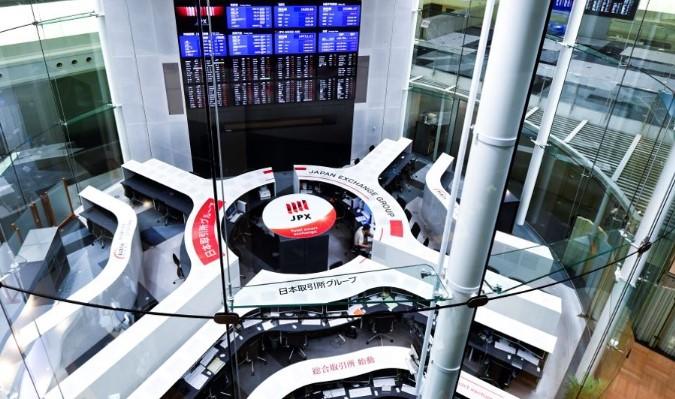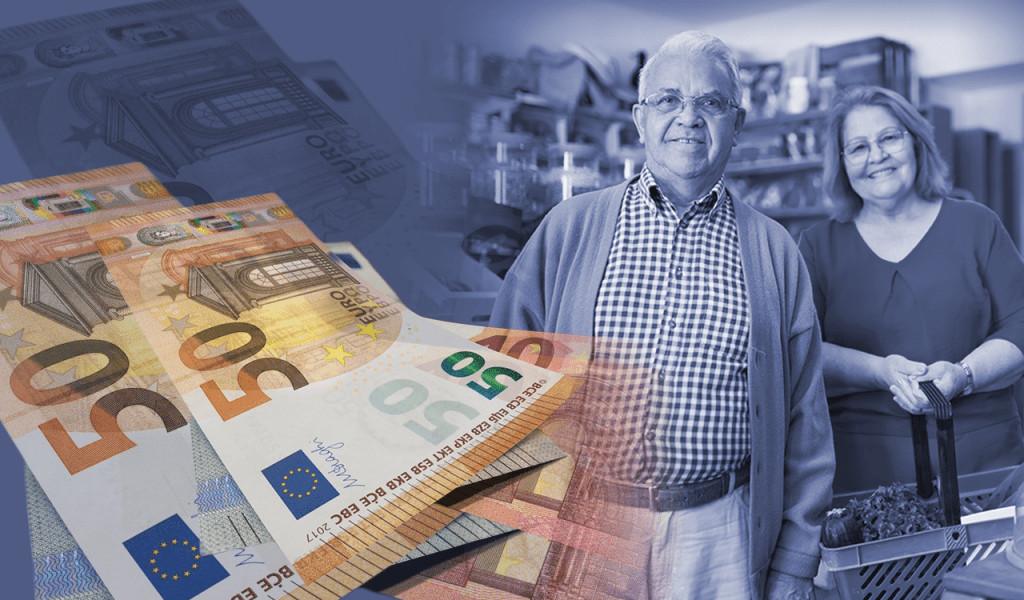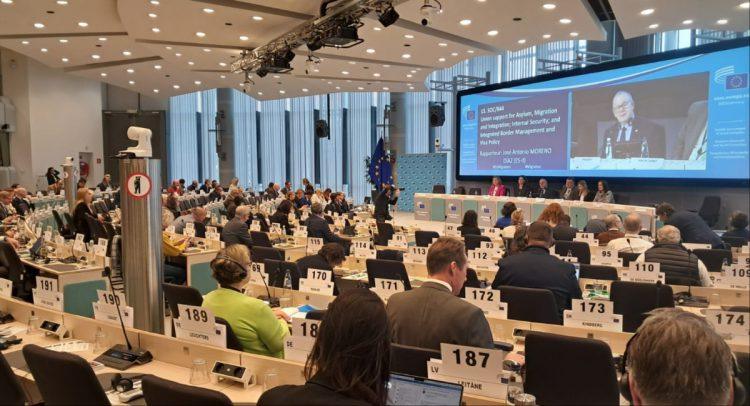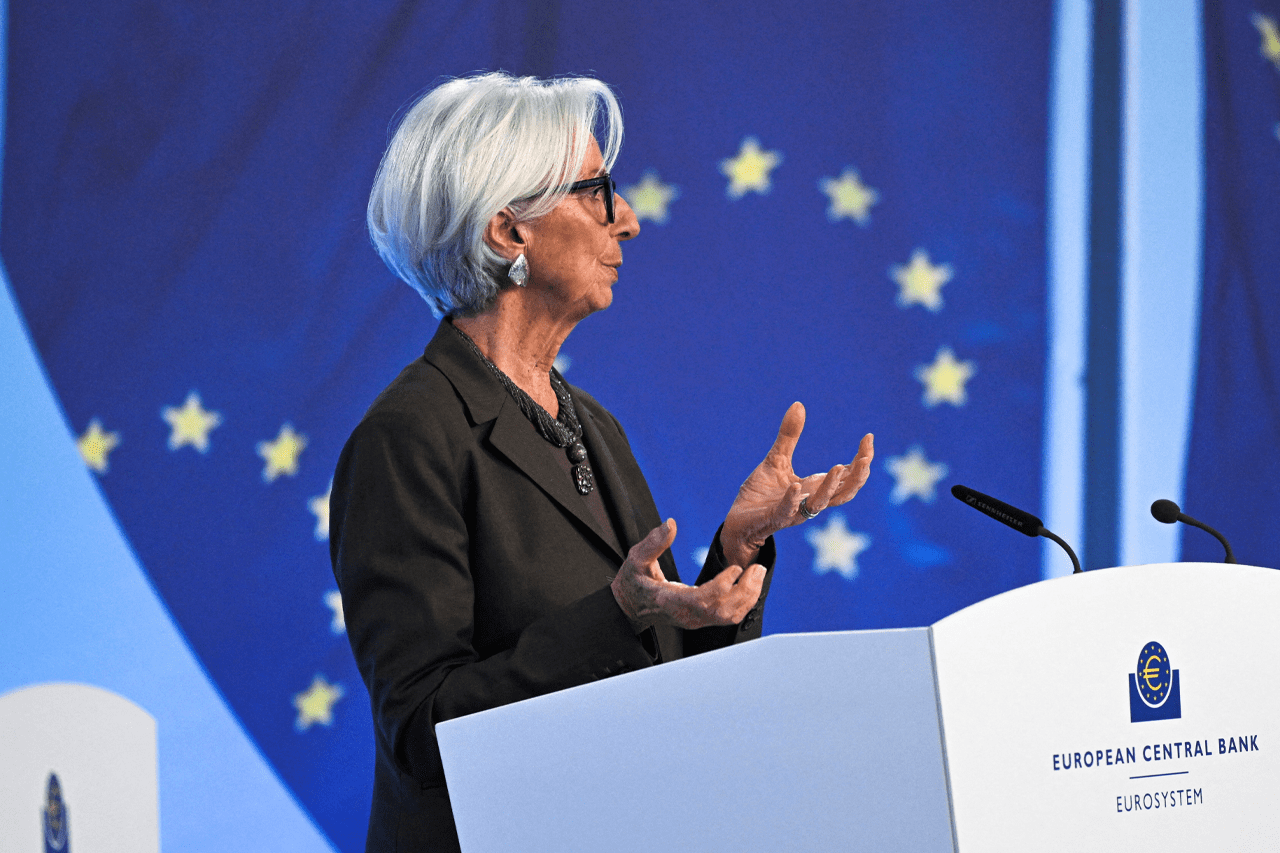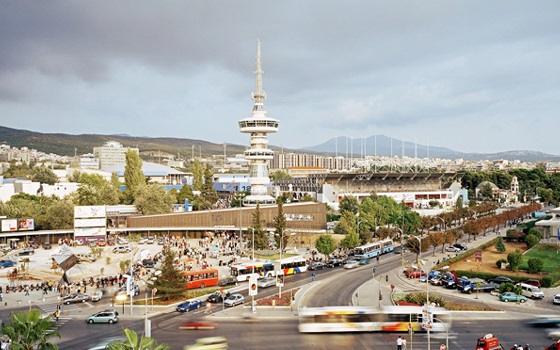A special program to boost energy efficiency, which will include “virtual net metering” for businesses, amounting to 1.259 billion euros of public spending, is coming within the year. Virtual net metering can be a way out of the energy crisis for the business world as it is permits the offsetting of energy injected into the power grid from a photovoltaic power station with that absorbed by one or more consumption plants of the self producing unit, without the restriction that applies to simple net metering in terms of the location of the production facility.
In virtual energy offset, the photovoltaic does not have to be in the same (or adjacent) space as the consumption installation and be electrically connected to it (grid connection through the same supply), as is the case in conventional energy offset. Thus it serves business units that do not have the necessary space.
Thus, as mentioned in a document (No. 29995 / 21-3-2022) of the Special Secretariat for the Management of Programs of the European Regional Development Fund and the Cohesion Fund of the Ministry of Development and Investment, which was forwarded to Parliament, the new program ” Environment and Climate Change 2021-2027 “, with a budget of 3.606 billion euros of public expenditure (part of the Partnership Agreement 2021-2027) was formally submitted to the services of the European Commission in October 2021.
Following the relevant comments of the Commission, in previous days (April 2022 will follow its second official submission for approval). According to the Special Secretariat, it is estimated that it could be approved within the first half of 2022, allowing its activation with the issuance of first funding calls.
In the context of the consultation with the bodies that form the partnership in this draft program, a distinct priority axis has been foreseen entitled “Energy efficiency – RES Promotion – Energy Infrastructure”, co-financed by the European Regional Development Fund and the Cohesion Fund, 1.259 billion euro of public expenditure, in the framework of which actions for the promotion of virtual energy netting in companies can also be supported.
Energy offset is a constant industry demand
The industries have been looking for a way out of the energy crisis for months, with “green” solar energy as the vehicle, as the energy crisis has created a deadlock in the country’s manufacturing industry. Already from the end of 2021, in a letter from the companies DROMEAS SA, KRI – KRI SA and FIBRAN S.A. to the Deputy Minister of Interior, Mr. Stavros Kalafatis, referred to the weaknesses in the implementation of net metering (energy offsetting), which “stumbles” on the weaknesses of the Transmission Network Operator (HEDNO) to receive more energy producers. The regulation that enables medium-sized companies to invest in net metering, according to what the three companies point out, is being revoked due to the saturation of the transformers in the existing HEDNO substations.
Each transformer costs 2.5 to 3 million euros and adds absorption to the 50MW network. Specifically, for the prefecture of Serres, the problem faced by the companies DROMEAS and KRI KRI, would be solved by installing a new substation with a transformer that would cover multiple energy absorption capacity from the needs of the two companies estimated at about 7MW. The benefit from the development of HEDNO infrastructure in order to implement net ‐ metering in practice would be even greater for FIBRAN which is the most energy efficient production company in the region with an annual consumption of more than 85GWh.
The possibilities that the industries that are connected to the high voltage have for self-production and self-consumption of energy are very limited and economically unprofitable. That is why for months they have been asking the government to change the current regime and open the way for net metering for them as well. They had requested it in mid-March in a meeting under the Ministers of Development, Energy, and State, Adonis Georgiadis, Costa Skrekas and Akis Skertsos.
Today, high-voltage industries can self-generate energy, with the obligation of self-consumption, in real time, at least 80% of the energy produced annually. The remaining 20% (or more if not consumed immediately) can now be sold on the wholesale market (in collaboration with a Cumulative Representation Body) or enter into bilateral contracts for the supply of “green” electricity.
However, the current regime has many… problems. First, the obligation to consume 80% of energy’s limits the industries that can use “real-time self-generation” to those that can consume it during the day, as long as there is sun and photovoltaics are working. Also, energy produced on holidays or on days when an industrial unit may be damaged may not be used. Thus, produced energy is left untapped and lost and the payback period of the investment is extended. That is why they demand changes in the current regime but also opens the way for net metering in high voltage so that the produced energy can be injected into the electricity network and to be offset by the energy that the industry will consume from the network whenever it needs it in the future.


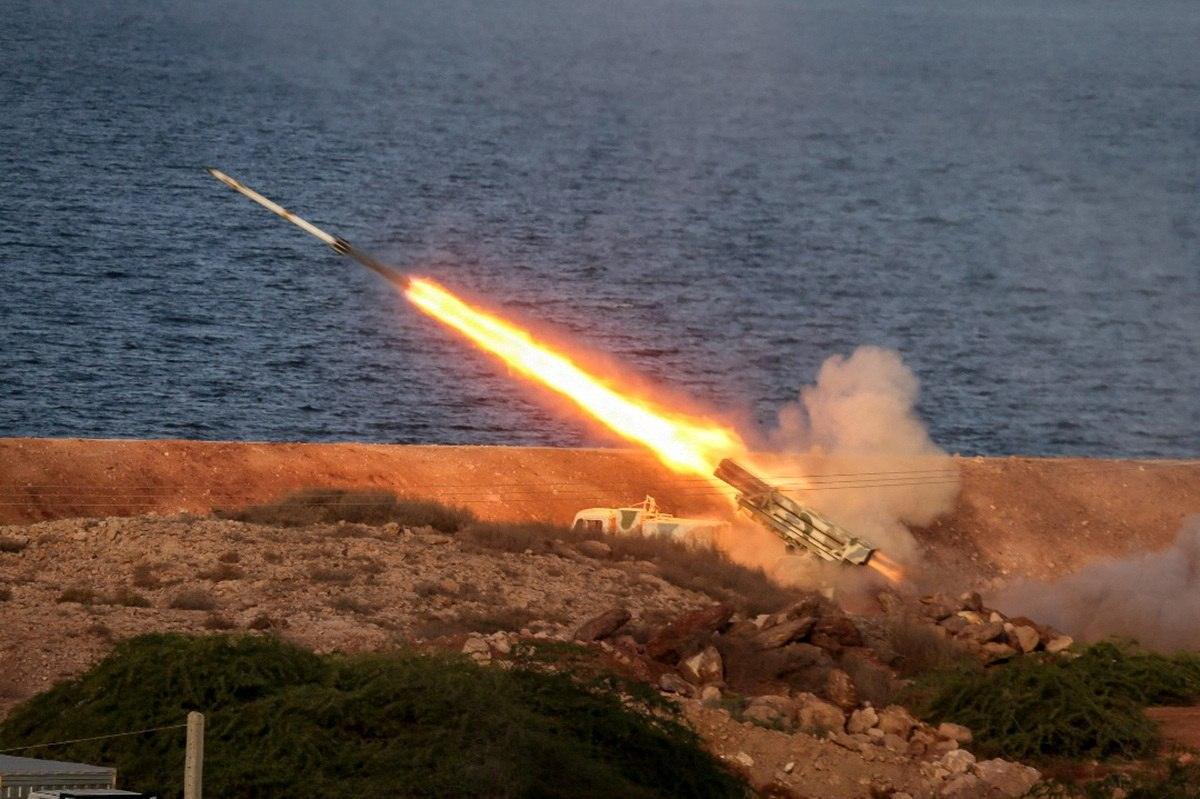
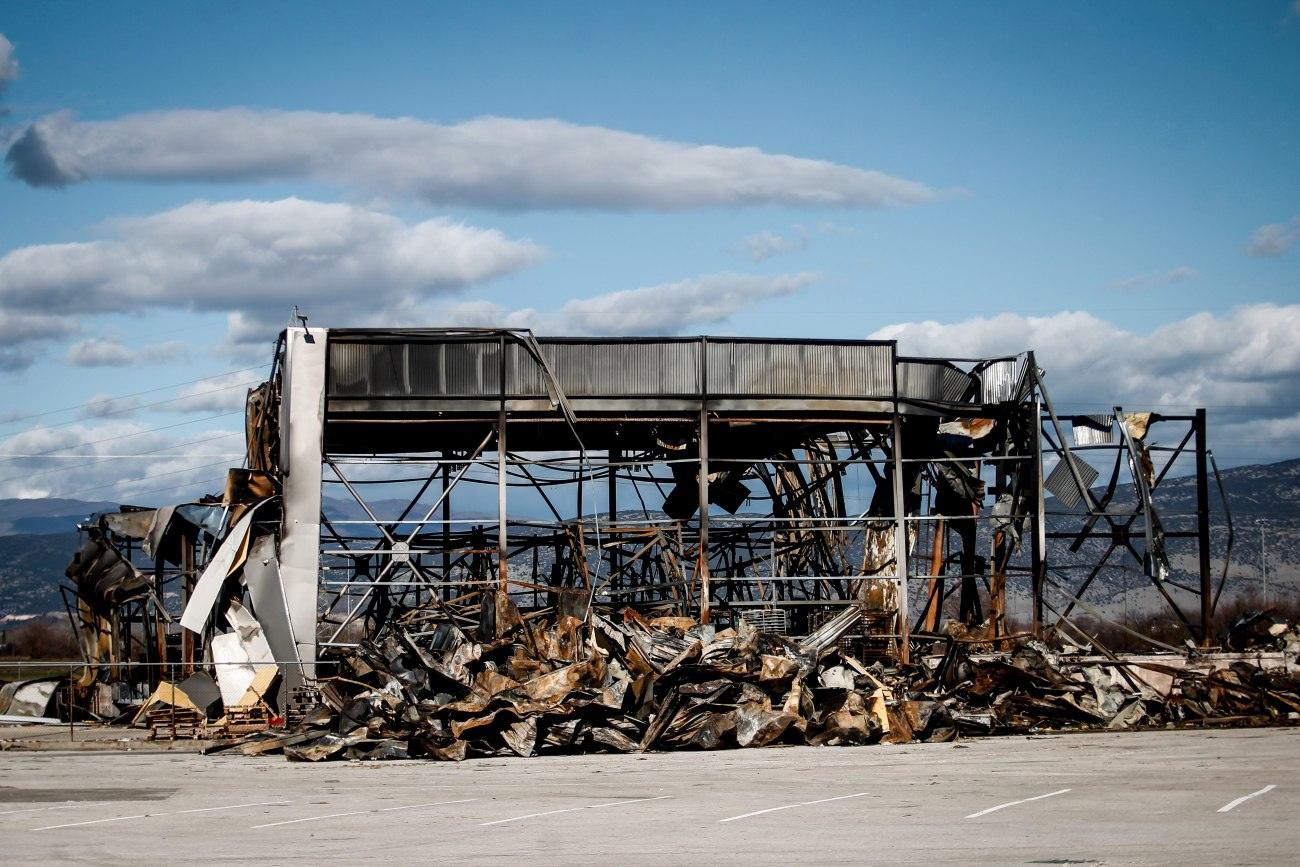
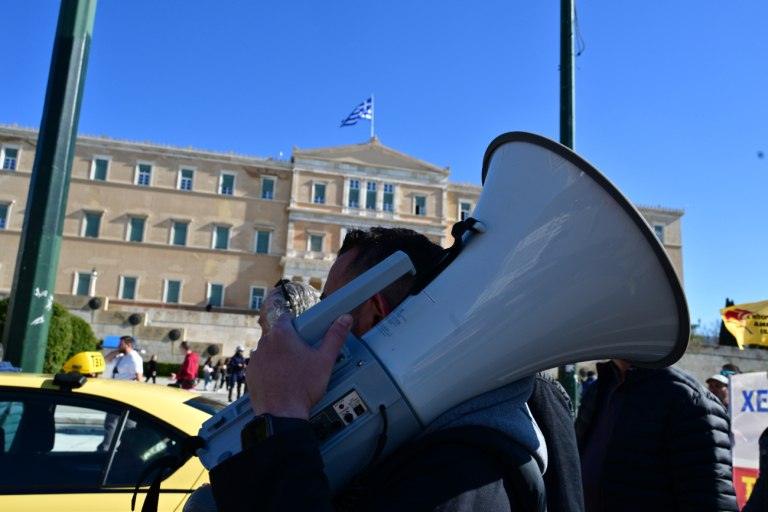

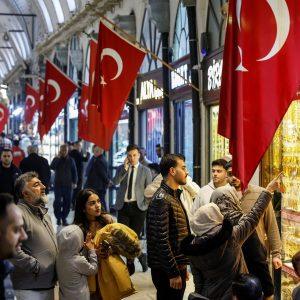
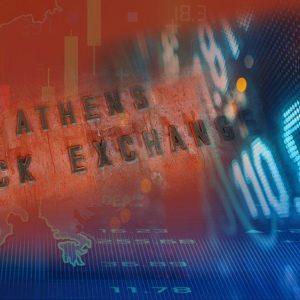
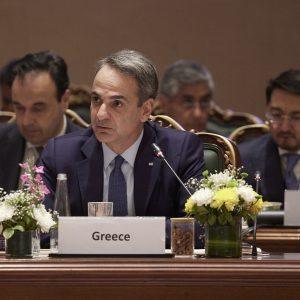


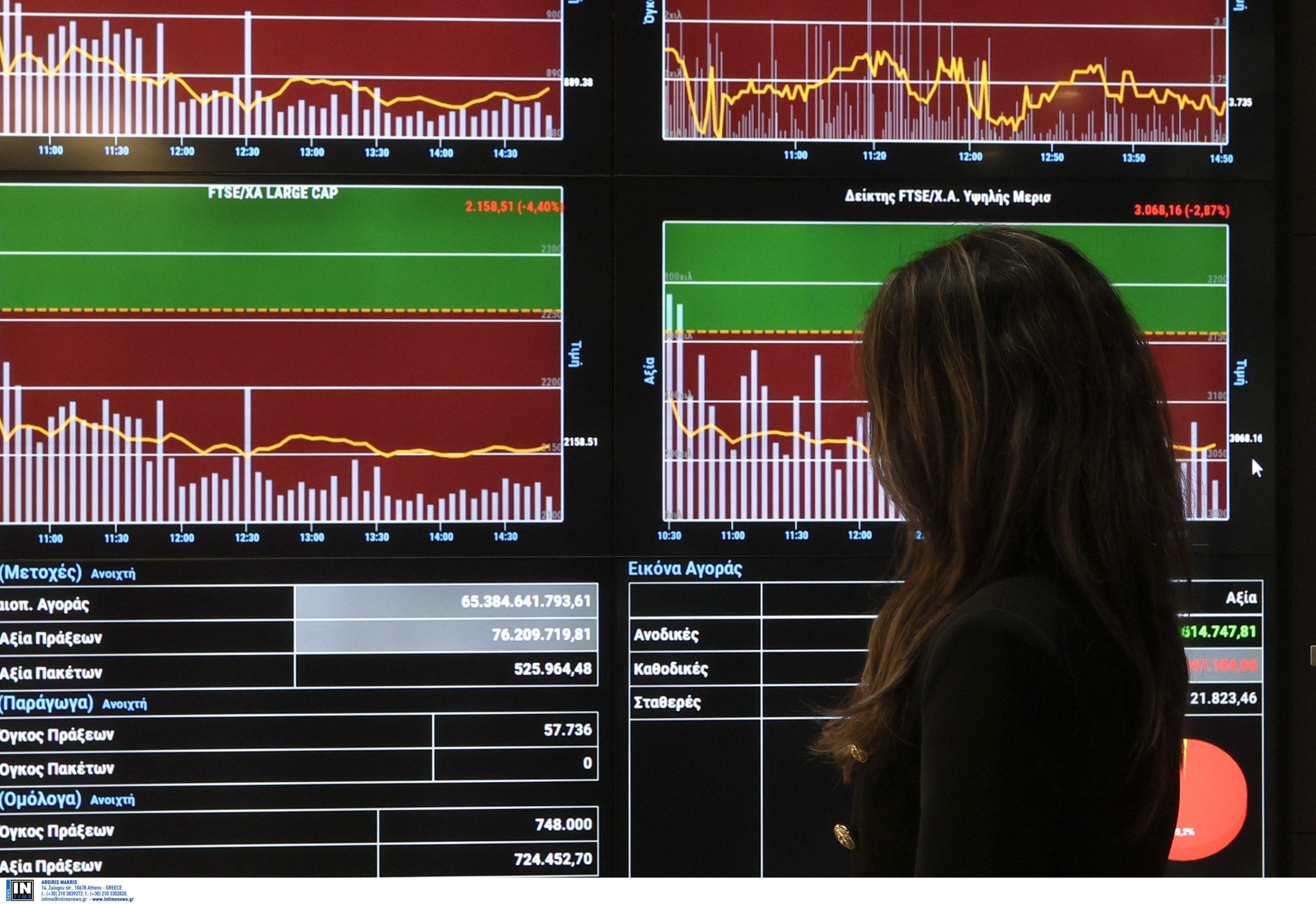



![Ελλάδα: Υποχώρηση της προσφοράς καταλυμάτων βραχυχρόνιας μίσθωσης [πίνακας]](https://www.ot.gr/wp-content/uploads/2026/02/airbnb-1.jpg)
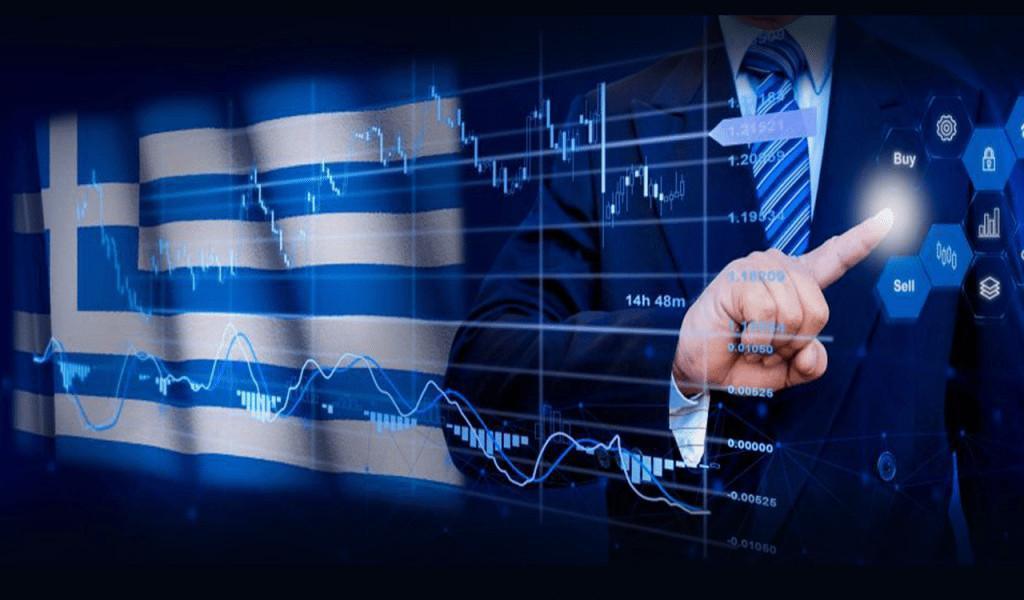


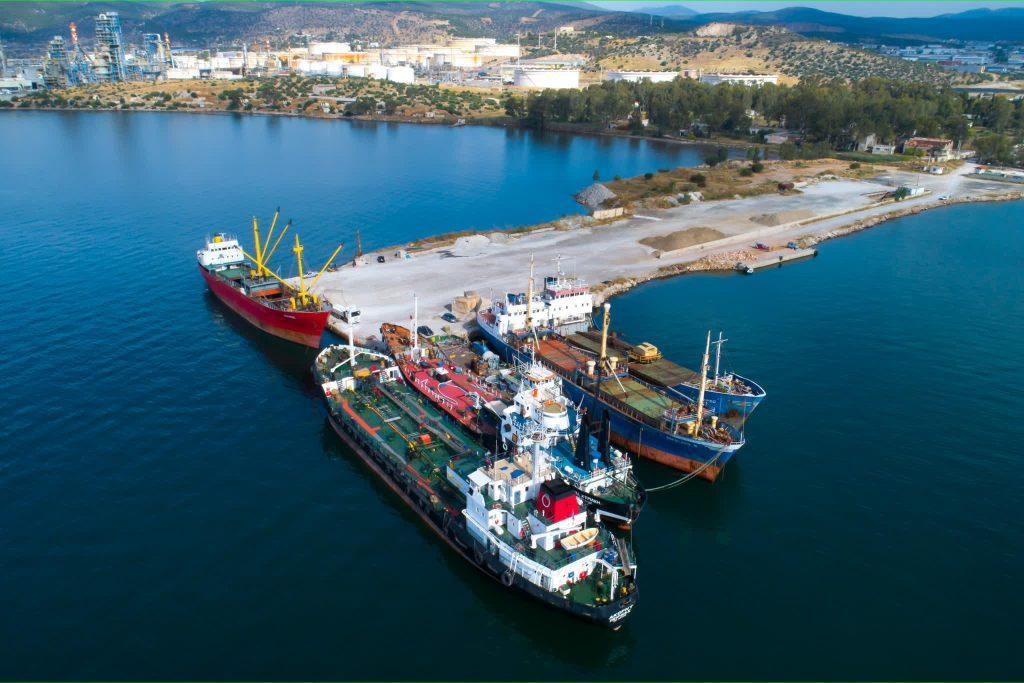








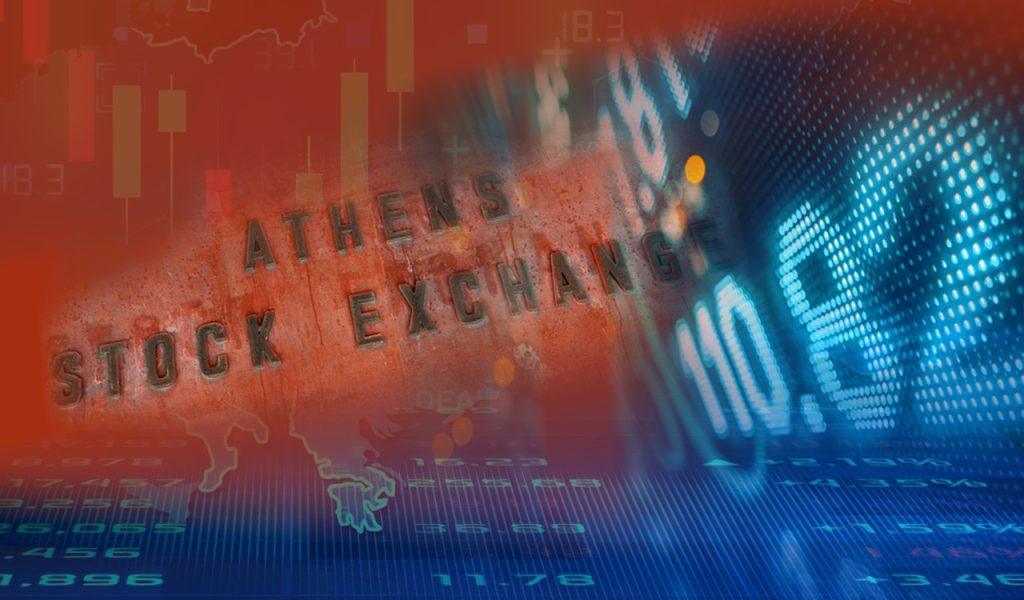
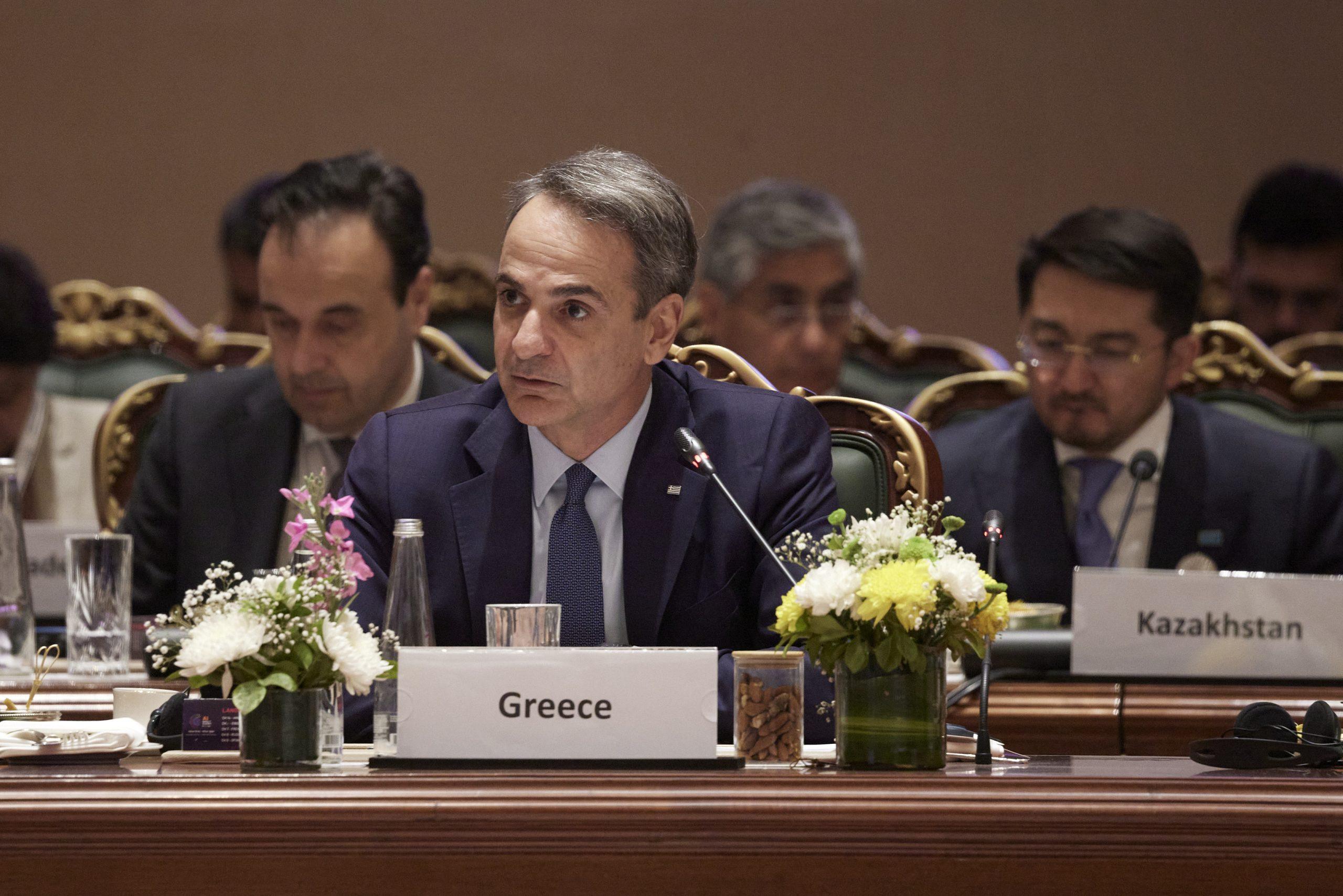

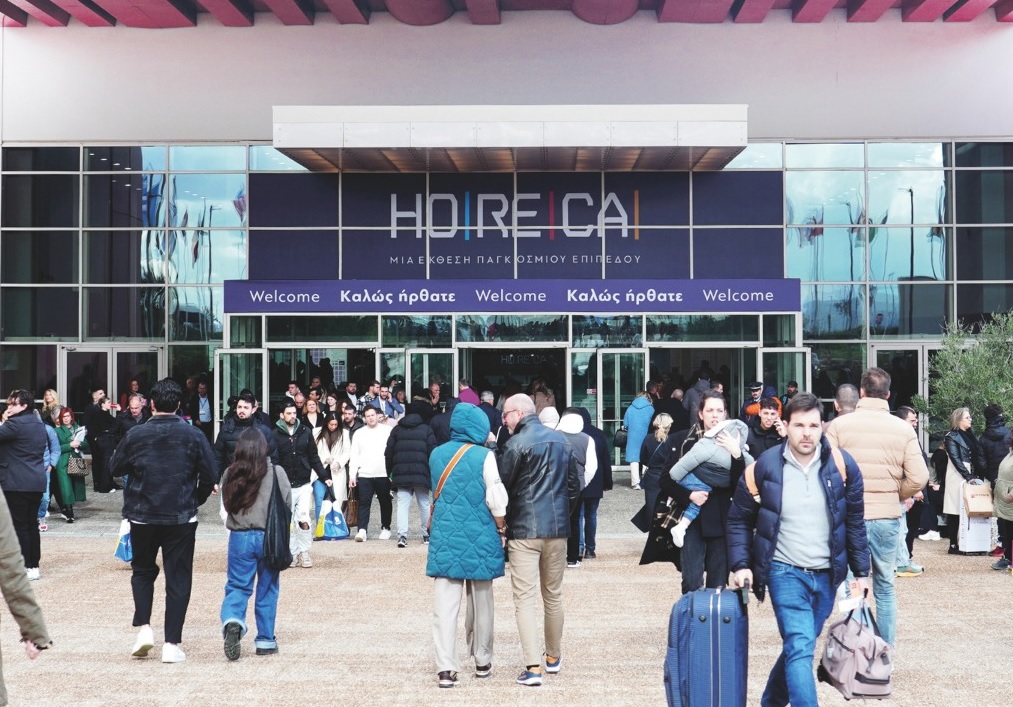
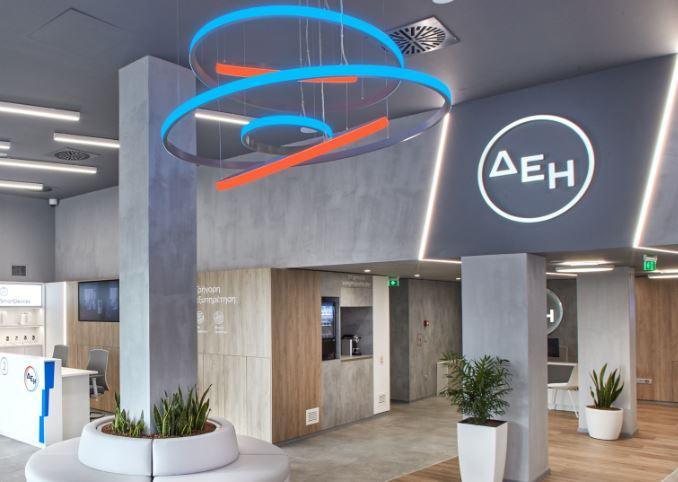

![Στεγαστική κρίση: Γονατίζει ένα στα τρία νοικοκυριά [πίνακας]](https://www.ot.gr/wp-content/uploads/2026/02/akinita26-4.jpg)
